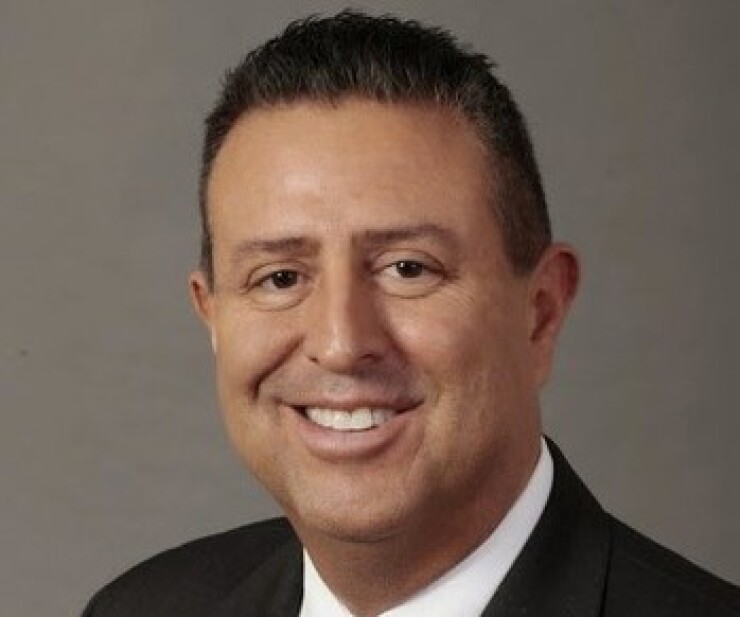The Securities and Exchange Commission’s Office of Municipal Securities director Dave Sanchez has a warning for advisors working on municipal market-adjacent deals like public-private partnerships or workforce housing: we’re watching you.
Issuers, though not responsible for their municipal advisors, should be proactive in ensuring the firms are playing by the rules, said Sanchez, speaking Tuesday during a regulatory panel at The Bond Buyer’s infrastructure conference in Philadelphia.
SEC
“Double check you’re really playing by the rules; there are a lot of potential pitfalls,” he said. The mere consideration of a municipal bond borrowing as any part of project financing requires registration as a municipal advisor. “The rules still apply,” he said.
The SEC is set to post formal comments on the topic this week, he said.
The warning comes the same day that the
Commenting on the charges, Sanchez said “it will be a continued message from our office over the next few months for issuers to know what a municipal advisors’ responsibilities are to them,” while adding that it’s not an issuer’s responsibility to ensure that an MA is qualified.
“But it is important for an issuer to know how they’re supposed to be protecting [them] and what they should be looking out for,” he said.
On the P3 front, Sanchez said the office has received complaints, many from within the municipal bond community, about advisors not playing by the rules. The workforce housing sector is another area the SEC is keeping an eye on, he said.
“If you’re looking at ways to cobble together grants and private activity bonds and you’re considering bonds — that is municipal advisory activity, and this is the place where we’re seeing a high volume of unregistered activities,” he said. Some global P3 experts and accounting firms and others are not registered but are still “engaged in this type of activity,” he said.
Leslie Norwood, managing director and associate general counsel of the Securities Industry and Financial Markets Association, who was also on the panel, said some firms “are just ignorant of the rules” while others are knowingly trying to sidestep registration.
“The rule is quite complex and it’s an activity-based rule, not a contractual-based rule, and there a lot of different provisions and exemptions for firms to comply with,” Norwood said. “Issuers should really be taking a proactive stance that the people they work with should be registered — and if [the firms] say they don’t need to be, that should raise a red flag.”
The SEC is attuned to other P3-related unlawful activity like recommending issuers take on more expensive debt than needed, conducting a value-for-money analysis that “puts the thumb on the scale for the P3 procurement” and inaccurate statements to governments about risk transfer, Sanchez said.
The SEC is also watching for violations of federal securities laws, particularly when it comes to workforce housing deals, he said.
“Every government issuer has heard this — pitches where people promise things that are too good to be true and that can be a violation of securities laws,” he said. “It’s great people are thinking about creative solutions, but don’t forget the rules still apply.”
